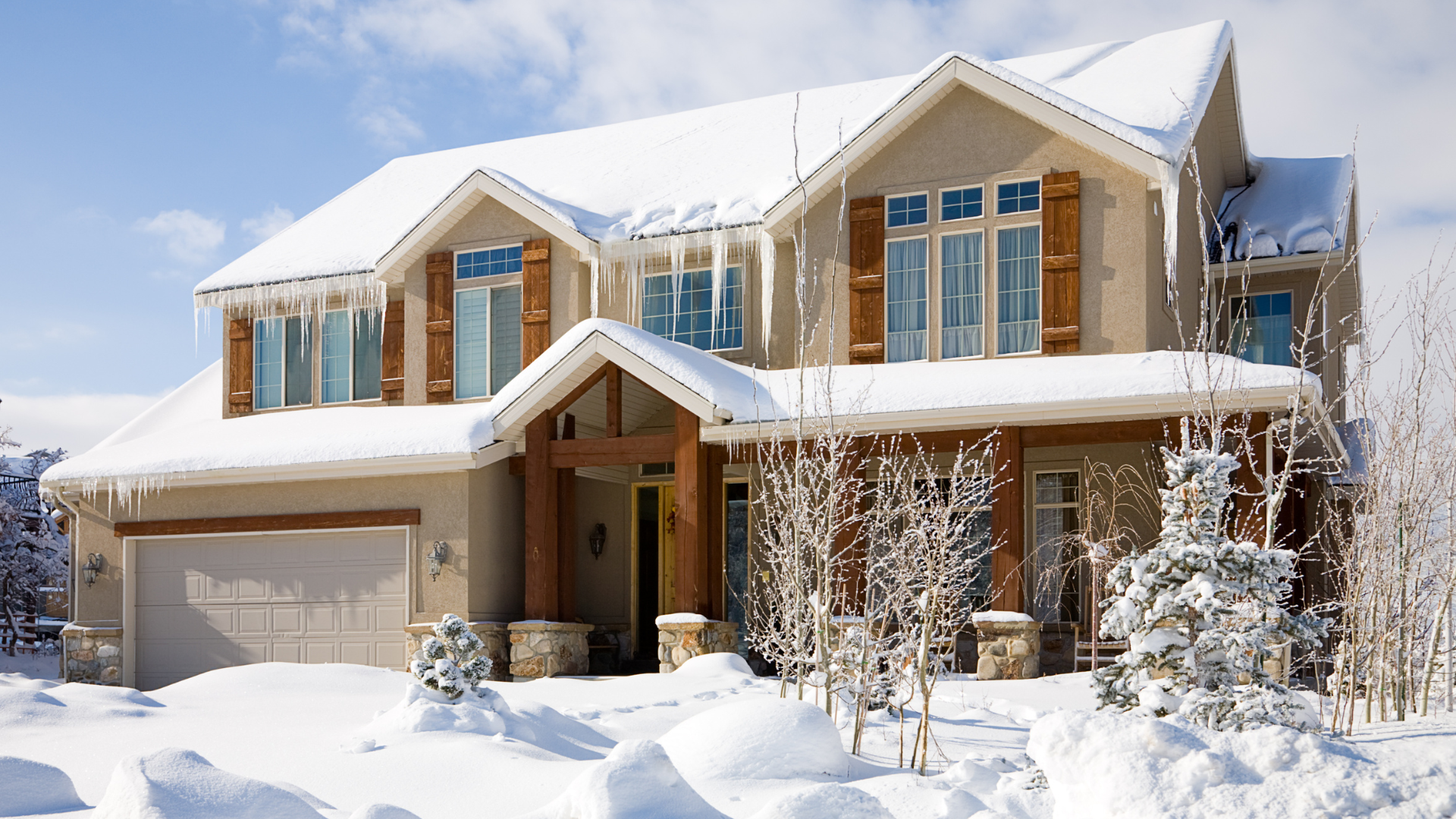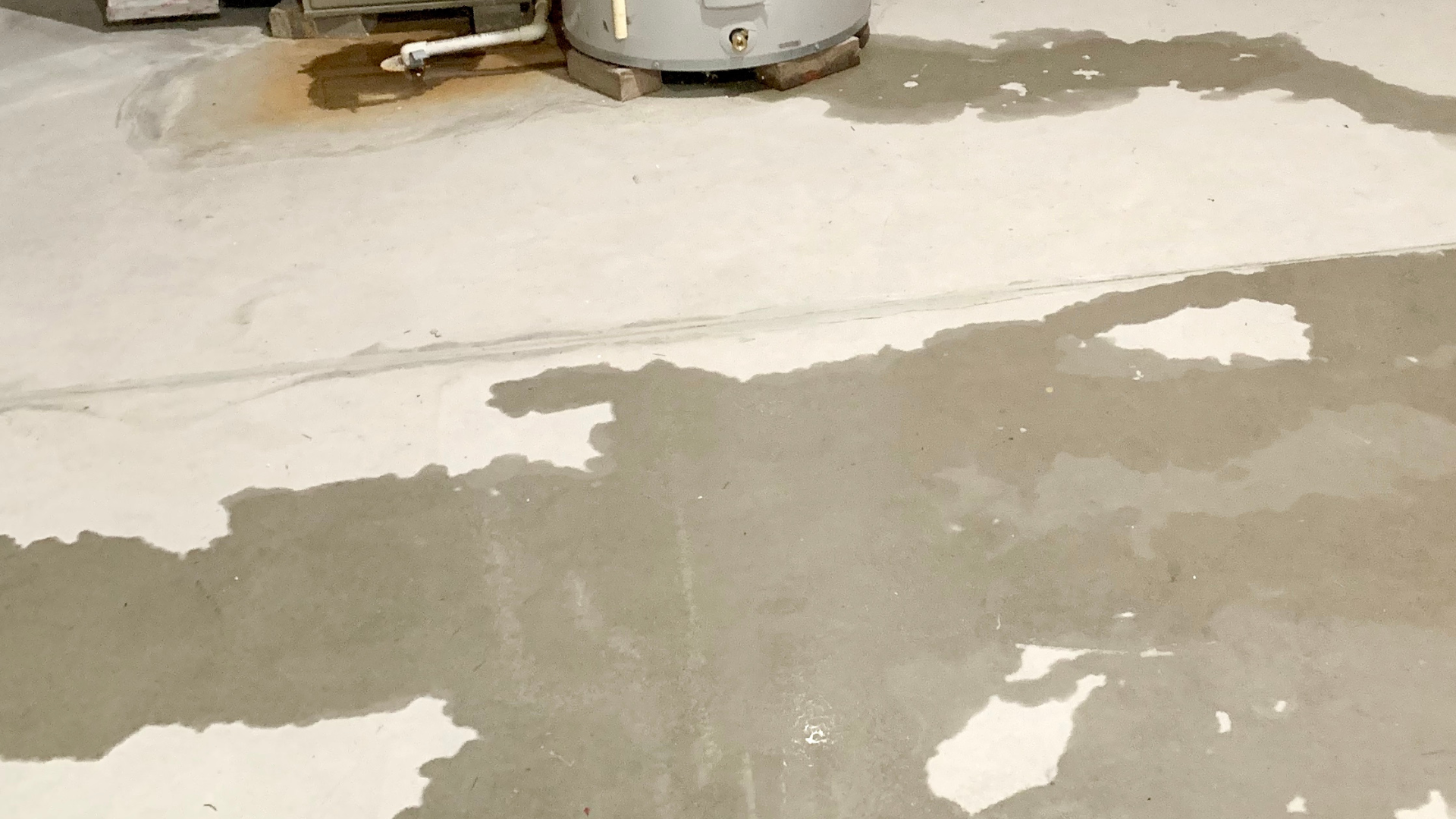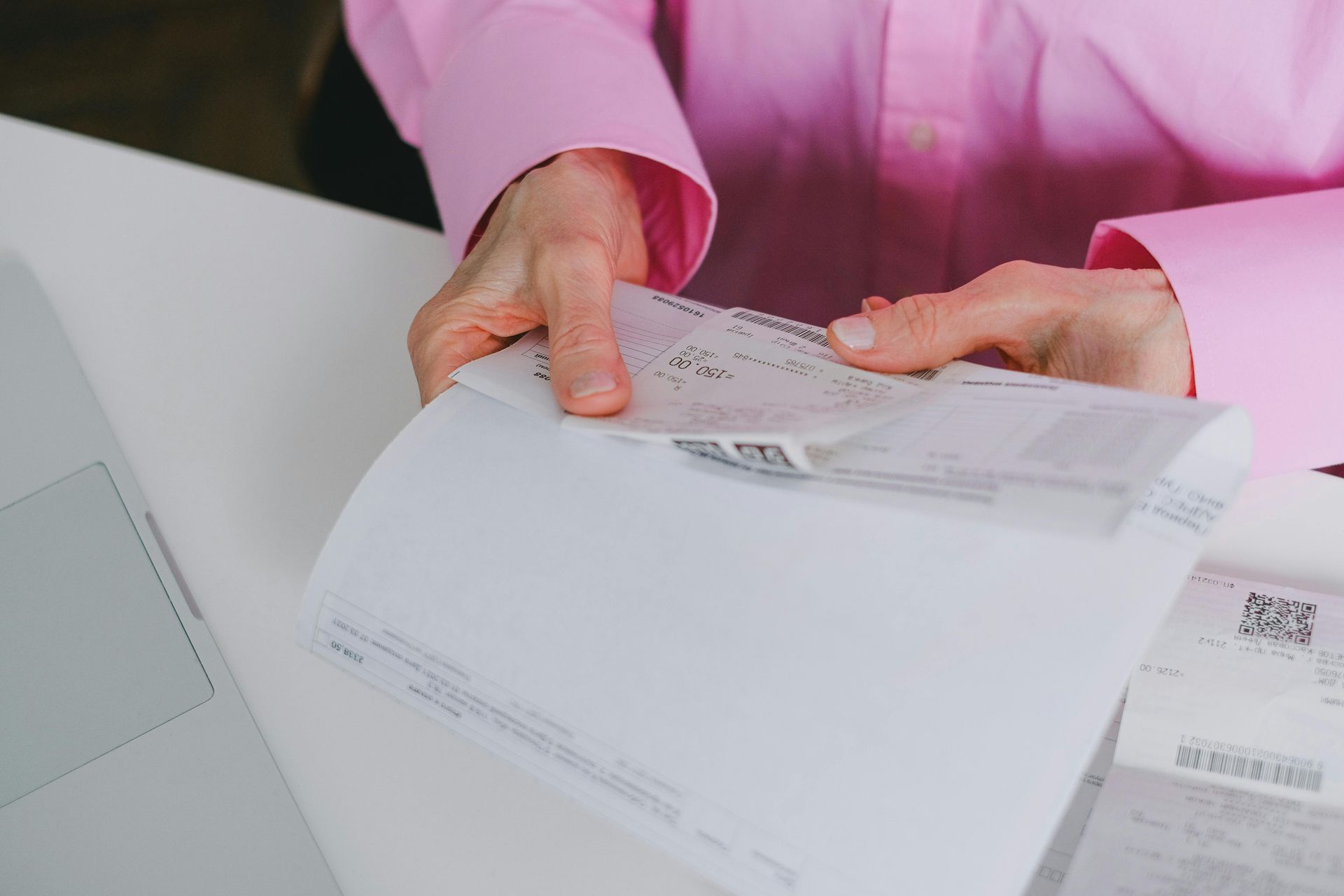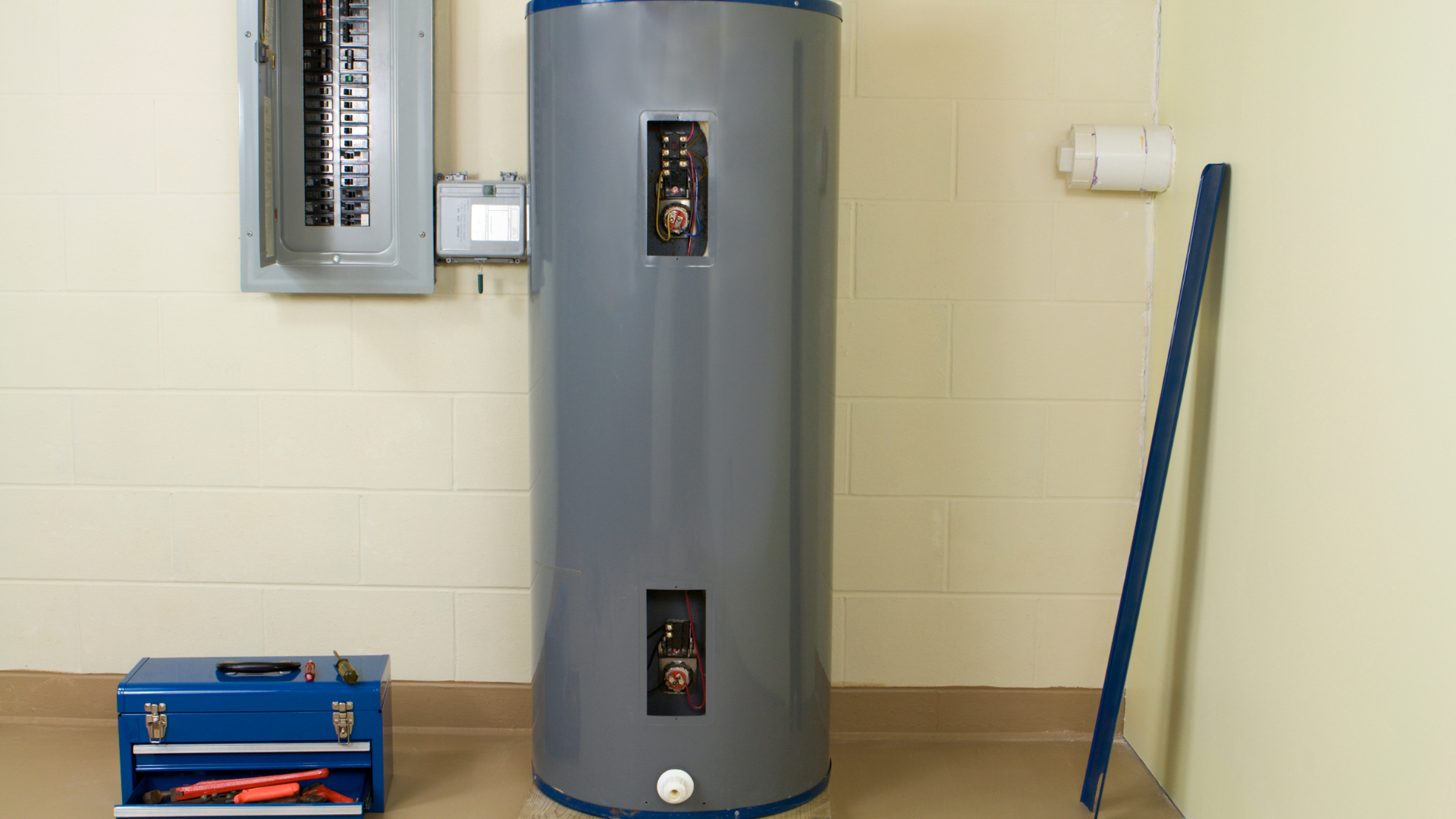New Jersey
Navigating Home Services in New Jersey: Licensing, Sales Tax, and Verification

For New Jersey homeowners embarking on home improvement projects, understanding the regulations governing contractors is essential for a smooth and protected experience. This guide outlines the licensing requirements for home service contractors, how sales tax applies to various projects, and crucial steps to verify a contractor's credentials in the Garden State.
Licensing Requirements for Home Service Contractors in New Jersey
New Jersey has specific regulations to protect consumers, primarily through the Contractors' Registration Act and the newer Home Improvement and Home Elevation Contractor Licensing Act.
- Home Improvement Contractors: Almost all contractors performing work on residential or non-commercial properties, including construction, renovations, remodeling, restorations, repairs, modernizing, installing, and demolishing, must be registered with the New Jersey Division of Consumer Affairs (DCA). This applies regardless of whether the contractor is based in New Jersey or another state.
- New Licensing Requirements (Phased In): Recent legislation has introduced more stringent licensing requirements for home improvement contractors. While previously only registration was needed, contractors will eventually be required to obtain a license. This new licensing framework includes:
- Training Programs: Completing an approved training program.
- Licensing Exam: Passing a licensing exam.
- Financial Security: Meeting stricter financial security obligations, including a compliance bond ($10,000-$50,000 depending on project value).
- Insurance: Carrying commercial general liability insurance of at least $500,000 per occurrence (or $1,000,000 for home elevation services) and workers' compensation insurance if they have employees.
- Grandfathering and Exemptions: Existing registered contractors with ten or more years of experience may be temporarily exempt from immediate licensing, being granted licenses upon renewal of their current registration. Those with less experience will need to demonstrate proof of an accredited apprenticeship or trade school program, two years of supervised experience, or completion of education requirements and examination.
- Specialized Trades: In addition to the general home improvement contractor registration/licensing, specific trades require their own specialized licenses:
- Plumbers: Master Plumbers must be licensed through the State Board of Examiners of Master Plumbers within the Division of Consumer Affairs.
- Electricians: Electrical contractors need both a trade license and a contractor license through the Division of Consumer Affairs.
- HVACR (Heating, Ventilation, Air Conditioning, and Refrigeration): HVACR contractors are also licensed through the Division of Consumer Affairs.
- Local Requirements: Beyond state-level requirements, some municipalities in New Jersey may have additional local licensing or permitting requirements. It's always wise to check with your local city or county building department.
Penalties for unlicensed or unregistered work in New Jersey can be severe, including civil penalties up to $10,000 for the first offense and $20,000 for subsequent offenses, as well as potential criminal charges.
How Sales Tax Applies to Home Service Projects in New Jersey
New Jersey's sales tax rate is 6.625%. The application of sales tax to home service projects depends on whether the work is classified as a "repair" or "maintenance" service, or an "exempt capital improvement."
- Taxable Services (Repairs and Maintenance): Generally, services that maintain the existing value or preserve the existing condition of real property are subject to sales tax on both the labor and, if the contractor sells them, the materials. Examples include:
- Fixing loose bath tiles
- Repairing gutters
- Patching driveway potholes
- Mowing lawns
- Snow shoveling
- Carpet cleaning
- Painting (interior or exterior)
- Most debris removal
- Installation of floor covering (carpeting, tile, etc.)
- Exempt Capital Improvements: Services that result in a permanent improvement to real property, adding to its value or prolonging its useful life, are generally exempt from sales tax on the labor portion of the bill. However, the purchase of materials and supplies for these projects is always subject to sales tax, regardless of who purchases them (homeowner or contractor). The property owner must issue the contractor a Certificate of Exempt Capital Improvement (Form ST-8) to document this exemption for the labor portion. Examples include:
- All new construction (e.g., building a new garage)
- Installation of a new roof
- New siding
- Installation of a new heating or central air conditioning system
- Installation of new kitchen cabinets or fixtures
- Adding new electrical outlets
- Paving a new driveway
- Clearing land for new construction
- Important Distinction: The line between a repair and a capital improvement can sometimes be nuanced. For example, replacing a few loose bath tiles is a repair, but replacing all the tiles or an entire roof with upgraded materials would likely be considered an exempt capital improvement.
- Residential Heating Systems: Maintaining, servicing, or repairing residential heating systems that serve no more than three families independently living and cooking on the premises are exempt from sales tax on both parts and labor.
How to Verify Licensing in New Jersey
Verifying a home service contractor's license or registration in New Jersey is a crucial step to protect yourself from illegitimate operators.
- New Jersey Division of Consumer Affairs License Verification System: This is the primary and most reliable source for verifying contractor credentials.
- Website: Visit the New Jersey Division of Consumer Affairs License Verification System at https://newjersey.mylicense.com/verification/.
- Search Options: You can typically search by:
- Business Search: For licenses issued in the name of a business (e.g., Home Improvement Contractors, Electrical Contractors).
- Person Search: For individual licensees (e.g., Plumbers, Electricians, HVACR).
- Information to Provide: To improve search accuracy, be prepared to enter the contractor's name (first and last), city, profession, license type, and if available, their license number.
- Verify Specifics: The verification system will provide information such as the license type, issue date, expiration date, certification number, and whether the license is current and valid. It may also indicate any disciplinary actions.
- Contact the Division of Consumer Affairs: If you have trouble using the online system or need further clarification, you can contact the New Jersey Division of Consumer Affairs directly:
- Consumer Service Center Hotline: (973) 504-6200
- Toll-free (NJ only): (800) 242-5846
- Local Municipalities: For certain types of work, or to confirm local permits, contact your municipal building department or clerk's office.
Always insist on seeing a contractor's current registration or license and verify it through the official channels before signing any contracts or making payments. This due diligence can save you from potential financial loss and headaches.
Sources
- New Jersey Division of Consumer Affairs:
- License Verification System: https://newjersey.mylicense.com/verification/
- Home Improvement Contractor Registration Information: https://www.njconsumeraffairs.gov/hic
- Verify a Contractor's Registration: https://www.njconsumeraffairs.gov/hec/Pages/verification.aspx
- New Jersey Division of Taxation:
- Sales and Use Tax – Frequently Asked Questions: https://www.nj.gov/treasury/taxation/sales_use_tax_FAQ.shtml
- Publication S&U-2: Sales Tax and Home Improvements: https://www.nj.gov/treasury/taxation/pdf/pubs/sales/su2.pdf
- New Jersey Business Action Center (Quick Start Guide for Home Improvement Contractors): https://www.nj.gov/state/bac/assets/pdf/quick-start/home-improvement-contractor-2019-09-R1.pdf
- Procore: New Jersey Contractor Licensing Guide: https://www.procore.com/library/new-jersey-contractors-license
Click Another Article to Read More










